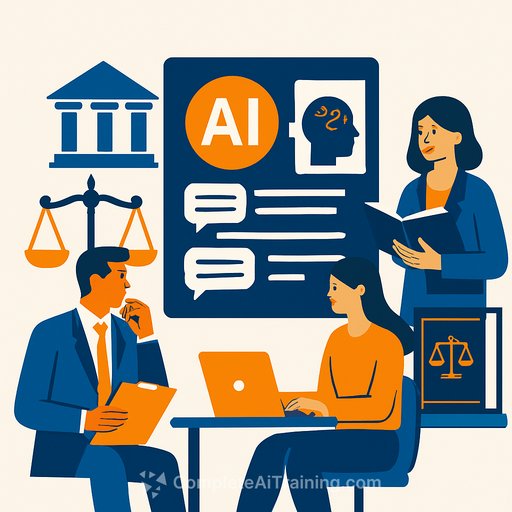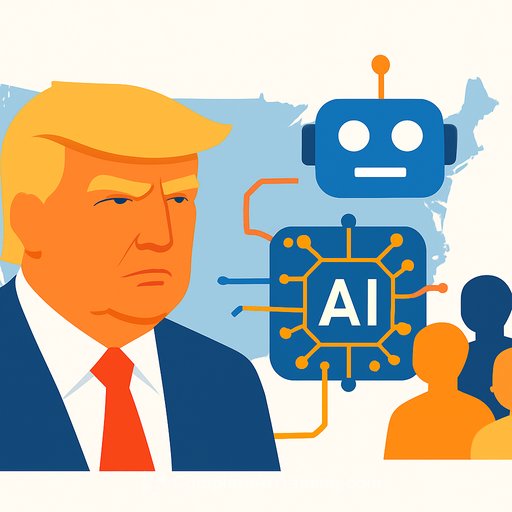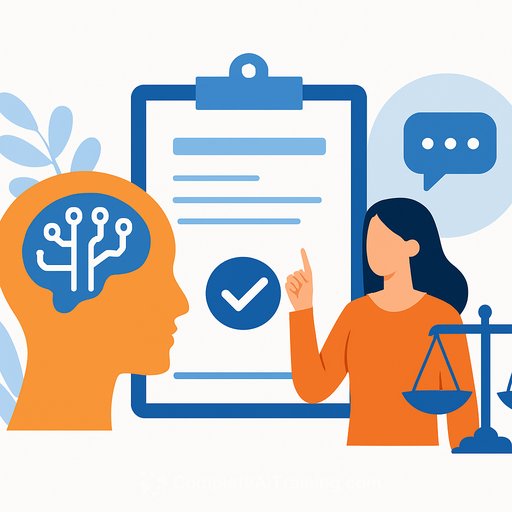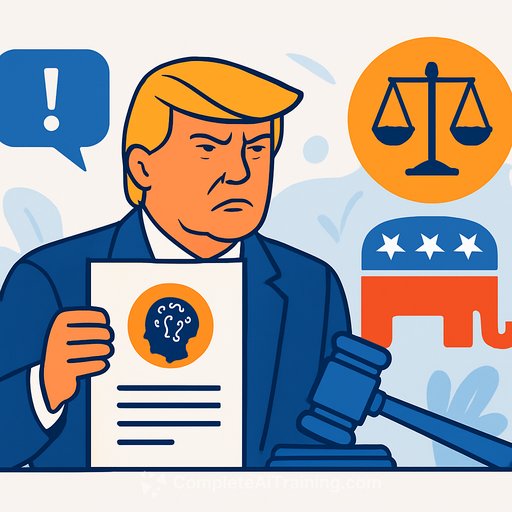The Rise of AI in the Legal Sector
Lawyers handle vast amounts of paperwork, from document reviews to contract drafting. Now, AI is stepping in to manage the repetitive tasks. Legal tech startups are using AI to streamline workflows, automate routine case management, and improve efficiency.
Confidence in AI's capabilities has grown, leading to wider adoption and new applications. Advances in large language models (LLMs) have increased accuracy, driving demand for cost-effective solutions.
Notably, five legal AI startups are among the top companies in Sifted’s B2B SaaS Rising 100 for 2025. One standout is Stockholm-based Legora, ranked sixth, highlighting the sector's prominence.
The Evolution of Legal AI
AI in legal services is no longer experimental. It’s now integrated into daily workflows at many law firms and corporate legal teams. Early on, AI tools focused on general research, but they have since evolved to target specific tasks like contract management and predictive litigation modeling.
Legal AI providers increasingly emphasize customization. For example, Legora works closely with clients during onboarding to embed the platform into existing workflows. They conduct pilot programs with selected users to ensure the AI supports real legal needs effectively.
Focus on High-Level Thinking
The purpose of legal AI is to free lawyers from routine tasks so they can focus on strategic, high-impact work. Instead of spending hours reviewing NDAs or contracts, lawyers can engage more in case context and client interaction.
Early-stage document and contract review are where AI shows the strongest return on investment. Legora’s CEO highlights how firms spend excessive resources on high-volume, low-value tasks that AI can handle more efficiently.
Similarly, London-based legal AI startup Legalfly helps in-house counsel avoid repetitive copy-pasting, enabling them to offer more valuable legal advice. Faster turnaround times mean legal teams become growth enablers rather than bottlenecks.
The End of Billable Hours
Legal AI is prompting a rethink of traditional billing models. The billable hour rewards time spent rather than value delivered, which conflicts with AI’s efficiency gains. Lawyers may shift roles toward quality control and strategic oversight of AI tools.
The likely move is toward value-based pricing, aligning incentives between clients and firms while encouraging efficiency. AI could make tech-enabled lawyers many times more productive than their peers who rely solely on manual processes.
This shift will impact industries with large legal expenses—private equity, banking, insurance, and pharmaceuticals will increasingly use AI to handle tasks once outsourced to law firms.
For AI adoption to succeed, regulation must support responsible use without hindering progress. Successful implementation depends on addressing high-volume use cases and integrating AI smoothly into existing systems without costly overhauls.
Beyond efficiency, AI-driven legal tech promises to improve access to legal services for underrepresented groups by lowering barriers to entry. This broader accessibility is a key benefit that the sector is beginning to realize.
For legal professionals interested in expanding their AI knowledge and skills, exploring courses on Complete AI Training can be a practical next step.
Your membership also unlocks:






